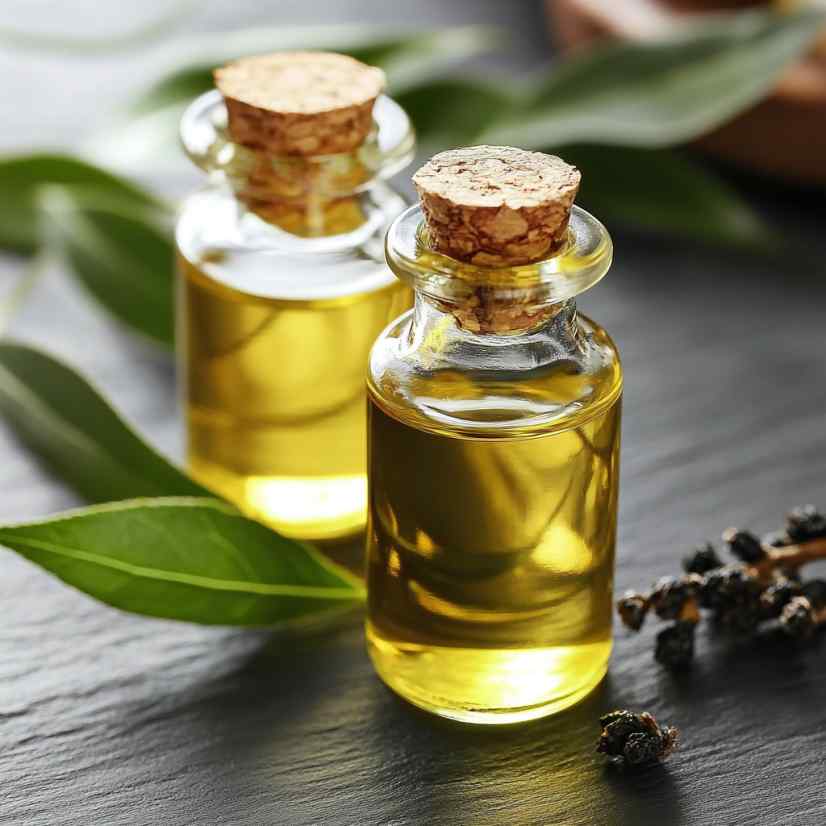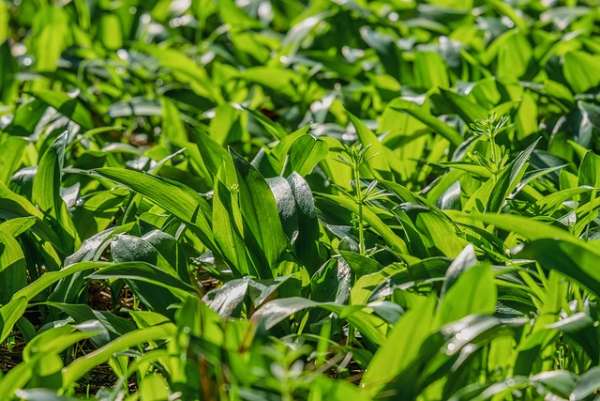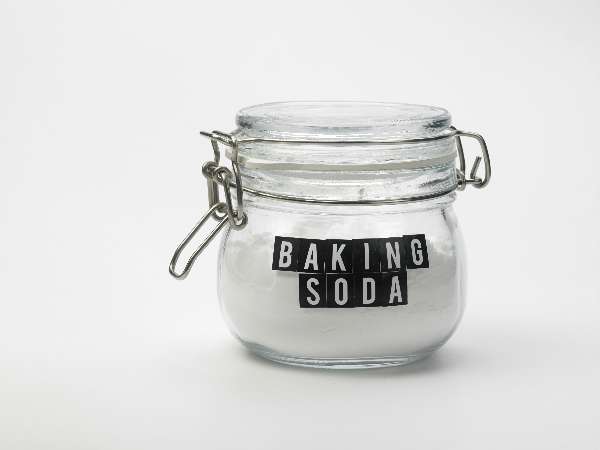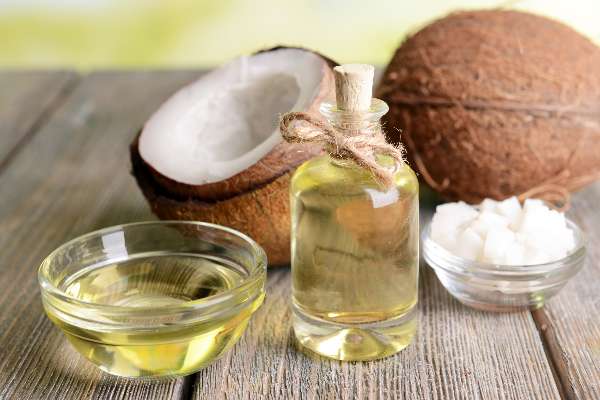Home Remedies To Treat Athlete’s Foot
Make sure to like Living Green and Frugally on Facebook, Shop at Amazon to help support my site and explore our PINTEREST BOARDS for innovative ways you can become self-sufficient.
Athlete’s foot is an irritating and uncomfortable fungal infection that affects many people. While over-the-counter treatments are available, there are also several effective home remedies that you can use to treat this condition naturally.
Whether you’re looking to avoid chemicals or just prefer to try natural solutions first, this guide covers a variety of remedies, tips, and recipes to help you banish athlete’s foot for good.
What Is Athlete’s Foot?
Athlete’s foot, medically known as tinea pedis, is a fungal infection that typically develops between the toes. It thrives in warm, moist environments such as public showers, gyms, and swimming pools. Symptoms can include itching, stinging, redness, and cracked or peeling skin.
Home Remedies To Treat Athlete’s Foot
1. Tea Tree Oil
Tea tree oil has powerful antifungal and antiseptic properties, making it one of the most effective home remedies for athlete’s foot.
How to use:
- Mix a few drops of tea tree oil with a carrier oil (like coconut or olive oil).
- Apply the mixture to the affected area twice daily.
- Continue for at least two weeks or until symptoms improve.

2. Apple Cider Vinegar Soak
Apple cider vinegar can help create an acidic environment that fungi find difficult to thrive in.
How to use:
- Mix equal parts apple cider vinegar and water in a basin.
- Soak your feet for 15-20 minutes daily.
- Dry your feet thoroughly after soaking.

3. Garlic
Garlic is a natural antifungal agent that can effectively combat athlete’s foot.
How to use:
- Crush a few cloves of garlic and mix with olive oil to create a paste.
- Apply the paste to the affected areas and leave for 30 minutes.
- Rinse and dry the feet well.

4. Baking Soda Paste
Baking soda is another great home remedy for athlete’s foot as it helps neutralize odors and inhibits fungal growth.
How to use:
- Mix a tablespoon of baking soda with a small amount of water to create a paste.
- Apply to the affected areas, leave on for 10 minutes, then rinse and dry thoroughly.

5. Coconut Oil
Coconut oil contains lauric acid, which has antifungal properties, and it can also soothe the skin.
How to use:
- Apply a small amount of coconut oil to the affected areas before bed.
- Wear clean cotton socks overnight to help absorb the oil.

Preventative Tips for Athlete’s Foot
- Keep Your Feet Dry: Since fungus thrives in moist environments, keeping your feet dry is essential. Always dry your feet thoroughly after showers, especially between the toes.
- Wear Breathable Shoes: Avoid synthetic materials and opt for shoes made of natural materials like leather that allow airflow.
- Change Socks Regularly: Moisture-wicking socks can help keep your feet dry, and changing them at least once a day is crucial.
- Use Foot Powder: Antifungal foot powders or cornstarch can help absorb moisture and reduce the risk of infection.
- Disinfect Shoes: Regularly clean your shoes by using an antifungal spray or placing them in sunlight to kill fungi.
Frequently Asked Questions About Home Remedies for Athlete’s Foot
Q1: How long does it take for home remedies to work?
Home remedies can take anywhere from a few days to a couple of weeks to show noticeable improvement. Consistency is key, and it’s important to continue treatment even after symptoms subside to ensure the fungus is fully eradicated.
Q2: Can I use multiple remedies at once?
Yes, you can combine remedies such as using a vinegar soak in the morning and applying tea tree oil or coconut oil at night. Just be mindful of how your skin reacts and discontinue use if you notice irritation.
Q3: Are home remedies as effective as prescription treatments?
Home remedies can be effective for mild to moderate cases of athlete’s foot. However, if the infection persists or worsens, it’s important to consult a healthcare professional for stronger treatment options.
Q4: Can I prevent athlete’s foot from coming back after treatment?
Yes, maintaining proper foot hygiene, keeping your feet dry, wearing breathable shoes, and avoiding public places like locker rooms without foot protection can help prevent future infections.
Q5: Is athlete’s foot contagious?
Yes, athlete’s foot is highly contagious and can spread through direct contact or contact with contaminated surfaces. Make sure to wash hands after touching affected areas and avoid sharing personal items like towels or shoes.
Conclusion
Athlete’s foot is an uncomfortable condition, but with these home remedies, you can take control and eliminate the infection naturally. By using natural antifungals like tea tree oil, garlic, or apple cider vinegar, and following simple hygiene tips, you can not only treat but also prevent athlete’s foot from recurring. If symptoms persist, however, it’s important to seek medical advice.
